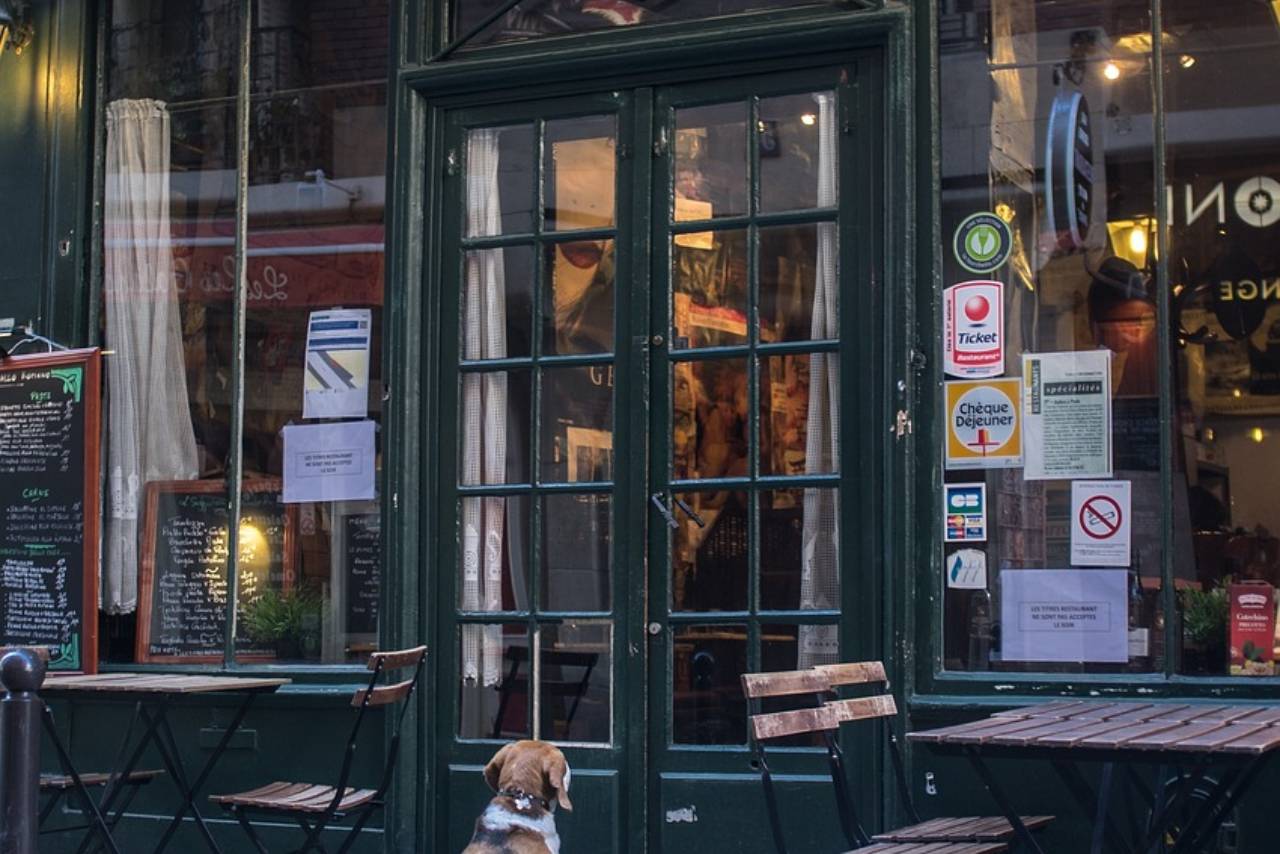What is Restaurant Management ?
Restaurant management is the profession of managing a restaurant. Associate, bachelor, and graduate degree programs are offered in restaurant management by community colleges, junior colleges, and some universities in the United States.

The Basics of Restaurant Management.
Restaurant management is the profession of managing a restaurant. Associate, bachelor, and graduate degree programs are offered in restaurant management by community colleges, junior colleges, and some universities in the United States.
One hierarchical system for organizing a restaurant's kitchen staff is the brigade de cuisine system developed by Auguste Escoffier (18461935).
Restaurant management is the profession of managing a restaurant. Associate, bachelor, and graduate degree programs are offered in restaurant management by community colleges, junior colleges, and some universities in the United States.
One hierarchical system for organizing a restaurant's kitchen staff is the brigade de cuisine system developed by Auguste Escoffier (18461935).
Restaurant management is the profession of managing a restaurant. Associate, bachelor, and graduate degree programs are offered in restaurant management by community colleges, junior colleges, and some universities in the United States.
One hierarchical system for organizing a restaurant's kitchen staff is the brigade de cuisine system developed by Auguste Escoffier (18461935).


